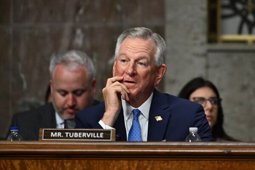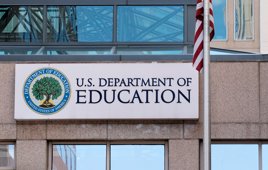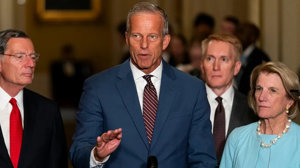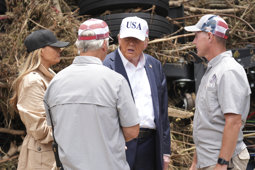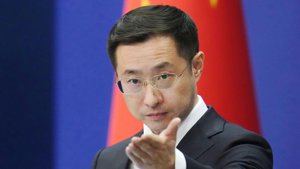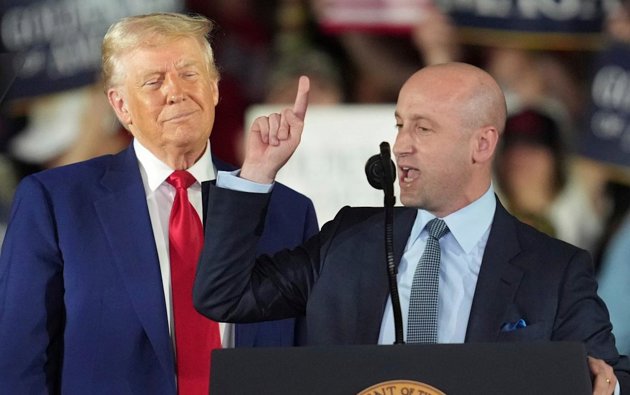
Miller Defends Trump’s Executive Power on CNN
Stephen Miller defends Trump’s executive authority in CNN debate, slamming court intervention as undemocratic.
Miller and CNN Clash Over Presidential Authority
White House Deputy Chief of Staff Stephen Miller defended President Donald Trump’s use of executive power during a tense exchange with CNN anchor Pamela Brown on Friday. Appearing on “The Situation Room,” Miller challenged what he described as flawed premises in media coverage of Trump’s legal authority.
The discussion followed a major Supreme Court decision earlier that day, in which the justices stayed a lower court ruling that blocked the Trump administration from ending Temporary Protected Status (TPS) for roughly 500,000 migrants from Cuba, Nicaragua, and Venezuela. TPS provides legal residence and work rights to individuals from countries experiencing armed conflict or disaster. The stay marked a temporary win for Trump as he seeks to reshape immigration policy in his second term.
Pamela Brown asked Miller whether he believed district judges should “rubber stamp” all of the Trump administration’s decisions or whether judicial checks and balances remained essential. Miller firmly rejected the framing.
“It’s not the job of a district court judge to perform an individual green light or red light on every single policy that the president takes as the head of the executive branch,” he said. Miller emphasized that such expectations undermine the role of a democratically elected president.
When Brown clarified that she was asking about appropriate limits on executive authority, Miller accused her of embedding “lazy assumptions” in her questions. “When you have these kinds of lazy assumptions built into questions, it makes it hard to have a constructive dialogue,” he asserted.
Brown challenged him to explain what assumptions he found problematic. Miller responded that questioning whether courts should approve every presidential decision implied a fundamental misunderstanding of democratic governance. “The president is the sole head of the executive branch. He’s the only officer in the entire government that’s elected by the entire American people,” he said.
He continued, “Democracy cannot function — in fact, democracy does not exist at all — if each action the president takes, whether in foreign policy, military, or national security, must be individually approved by 700 district court judges.”
Miller warned that allowing a scattered judicial body to collectively freeze executive decisions would subvert the will of the electorate. “So if there’s 15 communist, crazy judges on the court, that each of them as a team working together can block and freeze each and every executive action?” he asked rhetorically.
The exchange highlighted the growing tension between the judiciary and the White House over the extent of executive power, particularly in areas like immigration and national security. While Miller argued for streamlined presidential authority, Brown emphasized the need for legal scrutiny and balance in a constitutional democracy.
The Supreme Court’s stay on the TPS case will likely fuel continued debate as further legal battles unfold. Meanwhile, Miller’s sharp rebuke of judicial oversight underscores the administration’s broader position: that judicial intervention is becoming a barrier to executing the policies voters elected Trump to pursue.

